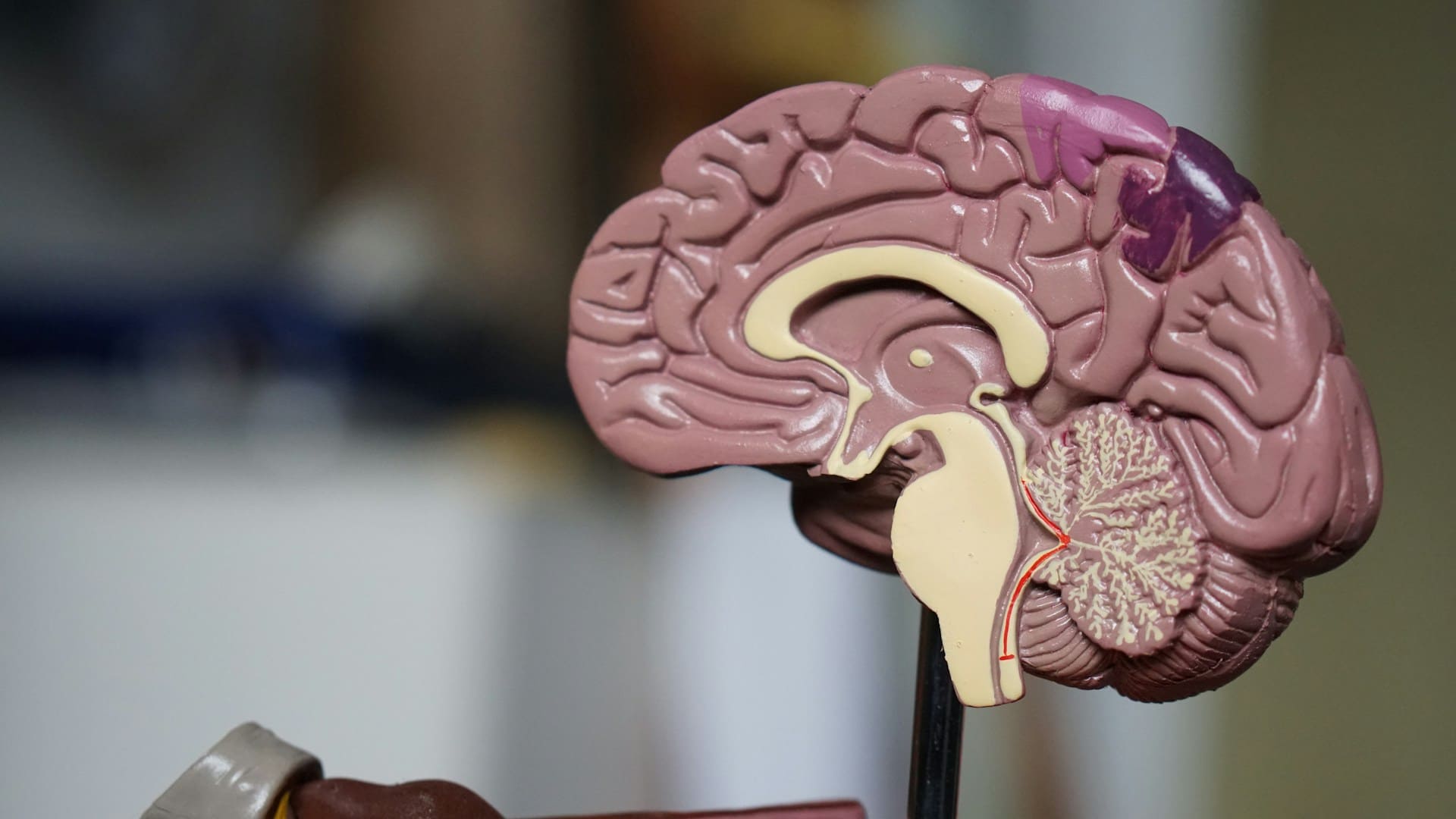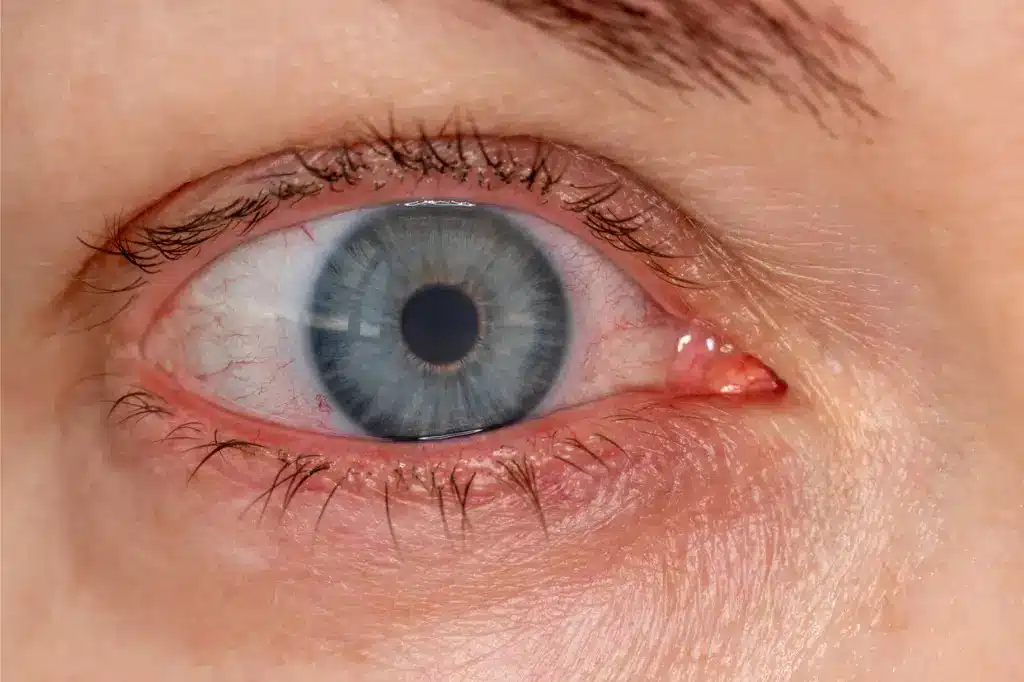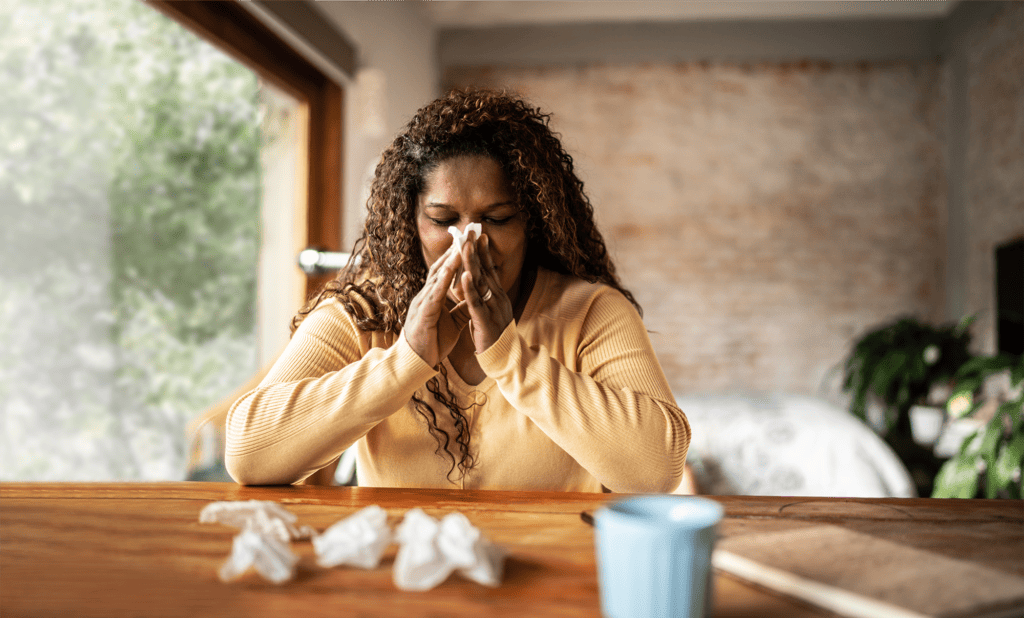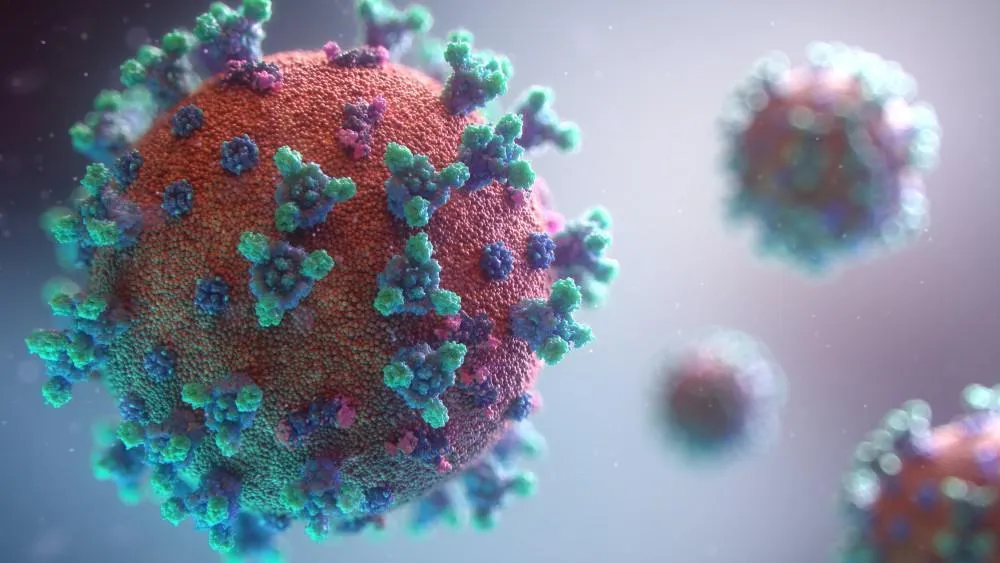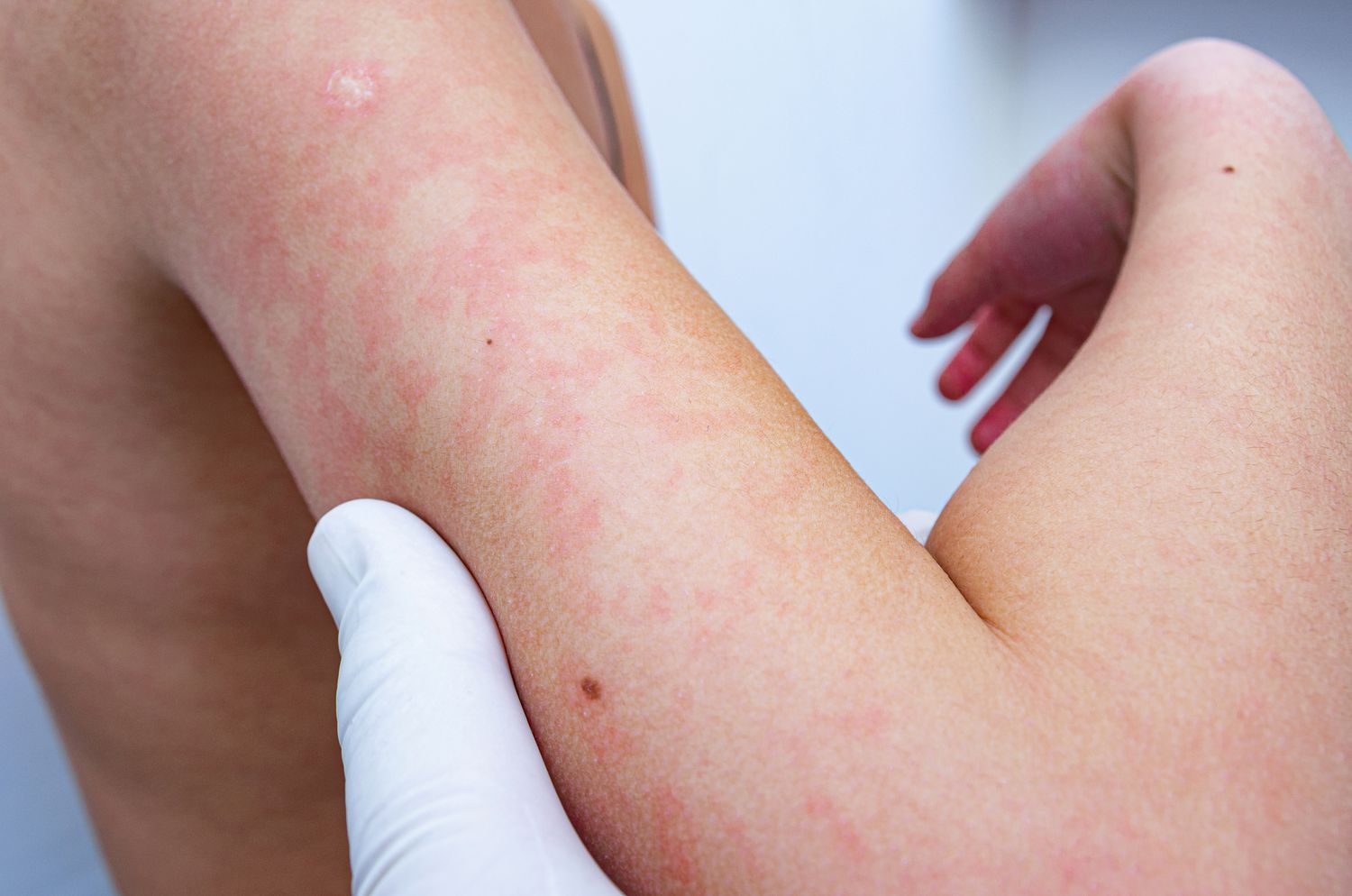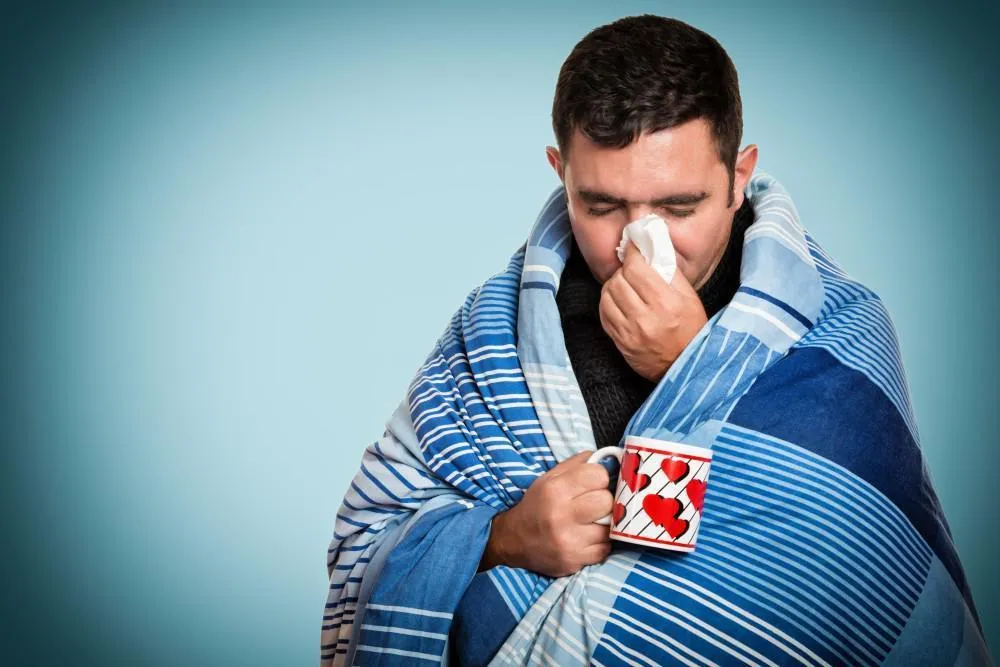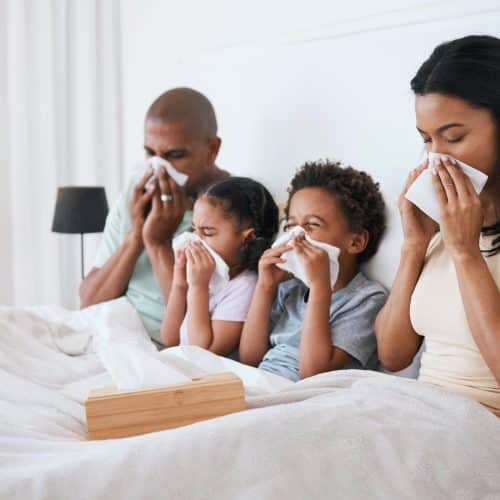9 Ways to Boost Your Immunity This Fall

Autumn is a time when our bodies need support. Decreased sunlight, colder temperatures, and higher humidity create favorable conditions for infections to develop, and we need to boost immunity naturally.
Changes in weather, lower temperatures, and less sunlight are factors that provoke the weakening of the immune system in the fall and winter, and frequent visits to the doctor with nose and throat problems begin. That’s why you shouldn’t forget about the importance of an annual physical exam.
Introduction to Strengthening Your Immune System
The functioning of the immune system depends on many factors, especially nutrition and sleeping/activity. Immune cells need so-called building material for their functioning, which we get from healthy foods. Their renewal takes place during sleep. How can we improve immunity naturally?
The immune system of the human body is a kind of shield, with the help of which we resist all kinds of infections and influences from the outside. Thanks to a strong immune system, we cannot fear for our health during epidemics. After all, an organism with a reduced immune defense will not resist the onslaught of unfavorable factors in the form of bad weather, colds, and sneezing passers-by.
Importance of a Strong Immune System in Fall
The immune system has to guard the organism against pathogens such as viruses, bacteria, and fungi. If we talk about children, don’t forget about the importance of health check-ups in school. When immunity is strong, the body recognizes and neutralizes harmful microorganisms quickly and effectively, preventing the development of infections. People who boost their immune system naturally recover more quickly from illnesses. Their bodies are able to cope with infections and return to normal faster.
Immunity not only fights external threats but also controls the condition of the body’s cells and tissues. It removes damaged or mutated cells, preventing the development of cancer and other problems associated with cellular dysfunction.
A strong immune system helps the body avoid frequent illness and chronic fatigue, which helps maintain good energy levels. This is especially important for an active lifestyle and productivity in daily activities. Here are 9 health advice for your life to boost immunity naturally. It also helps the body better cope with stress and remain disease-resistant in difficult life situations.
Eat a Balanced and Nutrient-Rich Diet
How do diet and nutrition affect mental health? A balanced diet helps prevent colds, flu and other viral illnesses that are especially prevalent in the fall. Properly selected foods provide the body with essential vitamins, minerals and antioxidants that help fight infections and increase the body’s resistance.
Basic principles of a balanced diet in the fall to increase immunity naturally at home:
- Include as many different foods in your diet as possible.
- Give preference to seasonal fruits and vegetables.
- Do not overeat, follow the dietary regimen.
- Minimize the consumption of sugar, salt, fatty and fried foods.
- Drink enough clean water.
Stay Hydrated for Optimal Immune Function
Adequate hydration helps your body fight off infections, regulate body temperature, and transport nutrients to cells.
Why is hydration important for improving immunity naturally? Drinking an adequate amount of water allows nutrients to get rid of the toxins that multiply the risks of the immune system not working as it should. Hydration is equally important in the prevention of policies that contribute to the health of mucus membranes found in the nose, mouth, and throat. These membranes defend the body against the invasion of dangerous germs and viruses.
Water is also critical because it acts as a vehicle to carry the absorbed nutrients from food, which are vital for a strong immune response. Read more about dehydration.
Get Plenty of Quality Sleep
Getting enough hours of sleep not only prevents you from feeling ill but also naturally boosts immunity. A more efficient immune response is observed when the organism is at rest, and more so when asleep. That is why, in their daily practice, physicians prescribe increased rest for their sick patients to enhance recovery from infections. Stress is another factor that weakens immunity, and sleep helps to reduce the amount of stress one has.
During deep sleep, the immune response is actively regulated. During this period, the body recovers from stress (use also self-care and stress management strategies) and illness. Studies have shown that those who do not get enough sleep are more susceptible to colds and infections because their immune system is less effective in recognizing and fighting pathogens.
Incorporate Regular Physical Activity
Physical activity is a powerful tool for increasing immunity naturally at home. Regular exercise helps your body better resist various diseases, including colds and flu.
When you exercise, your heart works harder, which promotes a better blood supply to all organs and tissues, including immune cells. This allows them to move through the body faster and fight infections effectively.
Exercise improves the lymphatic system’s function, flushing toxins and waste out of the body and improving immune system function. Regular exercise stimulates the production of immune cells that help the body fight infections.
Manage Stress Levels Effectively
The immune system does not have enough strength to resist infections and stress-related health problems under chronic stress. Knowing how to manage stress effectively and completing a comprehensive mental health assessment are important factors in naturally boosting the immune system. Chronic stress is a reason for the lower activity of immune cells (such as lymphocytes) that fight infections. Stress triggers chronic inflammation in the body, which can contribute to disease.
Incorporating stress-reducing strategies into your life, such as meditation, physical activity, quality sleep, and healthy eating, strengthens your body’s defenses. During the fall season, it is very important to support your body and immune system.
Practice Good Hygiene Habits
Hygiene is one natural method to boost immunity naturally. Cleanliness is a vital habit that strengthens the body and prevents microbial diseases.
Handwashing is an important hygienic activity that prevents the transmission of bacteria and viruses. Hands encounter many surfaces that may contain germs. To avoid contamination, people are advised to wash their hands before meals, after WC, pets, and after visiting crowded areas.
Regularly cleaning and disinfecting surfaces in the home helps reduce germs, especially on frequently touched items such as doorknobs, light switches, cell phones, and keypads. Using disinfectants also helps remove harmful bacteria and viruses from surfaces you come in contact with daily.
Supplement Wisely for Immune Support
A healthy diet will increase immunity naturally at home, but supplementation can be an additional method. Still, it is necessary to seek the advice of healthcare providers and plan annual physical exam.
Note that:
- Dosage matters: do not exceed the dosage mentioned on the supplement label/ prescribed by the healthcare provider.
- Quality counts: beware of buying cheap supplements, especially from unknown brands.
- Consult a healthcare professional: if you are on any medications or have any health issues, always consult with a doctor before starting to take new supplements.
- Natural sources: though taking supplements may help, they should not be the first option.
Stay Up to Date with Vaccinations
Immunization can also boost the immune system naturally. It encourages the immune system to build antibodies to the disease. During the autumn and winter seasons, when there is an increased risk of acquiring different kinds of infections, it is wise to consider vaccinations as one form of disease prevention. Annual vaccination will prevent you from the flu, especially in the autumn and winter period.
Vaccines, in all their forms, use only a fraction of any active pathogen and safely and effectively teach the body how to respond to that pathogen in the future. Immunization up to date is an investment in health; remember it.
Get Plenty of Vitamin D
What is the best way to increase immunity naturally? Vitamin D helps the immune system fight infections effectively. Some studies have linked vitamin D deficiency to depression and other mood disorders. Vitamin D is involved in many body systems, including the cardiovascular and nervous systems. Don’t forget about healthy habits that reduce heart attack risk.
People with sufficient levels of vitamin D are less prone to seasonal flu, acute respiratory infections and other respiratory illnesses in colder months. The Queen Mary University of London analyzed data from 11 000 patients in 25 clinical trials and revealed that the regular consumption of vitamin D was beneficial, especially among those that had low levels, to begin with. Individuals with the most severe deficiencies saw a halving in their risk of respiratory infections. Harvard Medical School also supports these findings, noting that vitamin D strengthens immune responses by promoting the production of antimicrobial peptides in the lungs.
Conclusion
Take control of your health this fall! Learn how to increase immunity naturally, start implementing these strategies today and experience the benefits of a stronger immune system. If you have any concerns consult with a healthcare professional for personalized advice.


